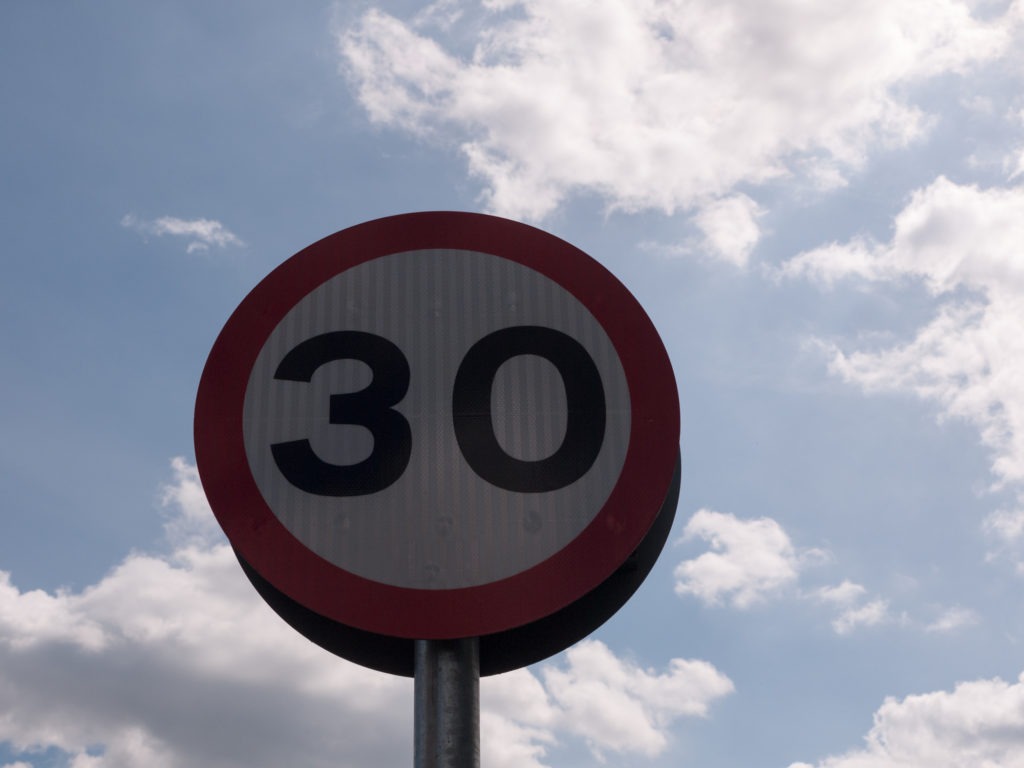Europe agrees on mandatory safety systems for 2022
27 March 2019

27 March 2019
The European Commission has agreed its plans for carmakers to fit around 30 advanced safety systems on all new cars in Europe.
Following a series of votes and agreements over the last twelve months, systems including speed limiters and monitors that detect drowsy or distracted drivers were welcomed by suppliers and safety groups, although the European Automobile Manufacturers Association (ACEA) has labelled the timeframe as ′challenging’.
The EU Commission said the move would reduce accidents, pave the way towards more connected and automated mobility, and boost innovation in the region’s car industry. Features will be mandatory on all new cars sold in Europe from 2022.
Commissioner Elżbieta BieÅ„kowska, responsible for Internal Market, Industry, Entrepreneurship and SMEs, said: ′Every year, 25,000 people lose their lives on our roads. The vast majority of these accidents are caused by human error. We can and must act to change this. With the new advanced safety features that will become mandatory, we can have the same kind of impact as when the safety belts were first introduced. Many of the new features already exist, in particular in high–end vehicles. Now we raise the safety level across the board, and pave the way for connected and automated mobility of the future.’
The Commission believes that the measures will avoid at least 140,000 serious injuries by 2038. This will contribute to the EU’s long-term goal of moving close to zero fatalities and serious injuries by 2050 (Vision Zero).
The so-called General Safety Regulation will require safety features to be fitted as standard on new cars including:
- Technology that warns the driver in case of drowsiness or distraction, for example using a smartphone while driving.
- Intelligent speed assistance (ISA) technology that can automatically prevent drivers from exceeding the speed limit using road-sign recognition cameras and GPS-linked speed limit databases
- Reversing safety with camera or sensors
- A data recorder (black box) in case of an accident
- Lane-keeping assistance.
ACEA said it supported the EU’s efforts to make vehicles safer but said that carmakers should not be made to shoulder the burden alone.
′Vehicle technology alone will not be sufficient. For maximum effect, policymakers must now push for a fully integrated approach to road safety; combining vehicle technology with better road infrastructure and safer driver behaviour,’ the group said in a statement.
ACEA has opposed the introduction of Intelligent Speed Assistance. It said the technology shows too many false warnings due to incorrect speed limit information.
Swedish vehicle manufacturer Volvo recently announced it was tackling speeding distraction and intoxication with the introduction of speed limiters and driver monitoring systems. This decision was independent of any EU regulation.